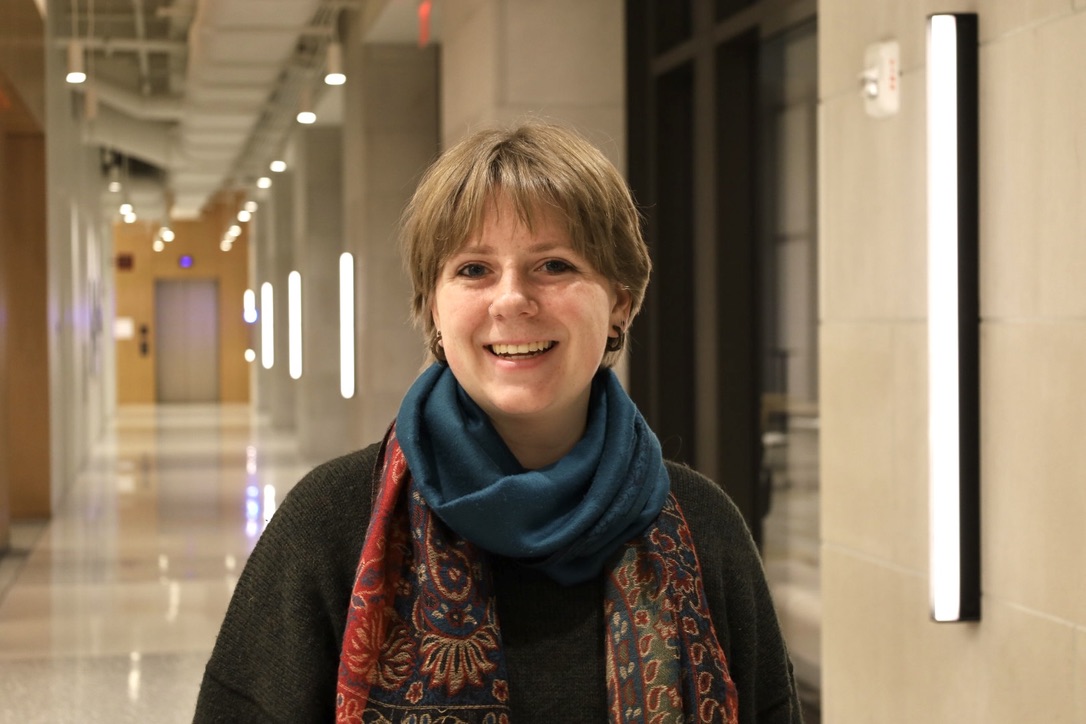I have loved to read for as long as I can remember. As a kid, I knew that I could always find something to read at the library. I tore through 24 “Warriors” books and all of the spinoffs in a few months because all I had to do to get a new book was place a hold on it at the St. Paul Public Library. In a matter of days, the book would appear at my local branch like magic — for free! As I lost interest in the social and political drama of anthropomorphic cats, I found that I could get pretty much any book under the sun from my local library if I was patient enough to wait for it.
When I entered high school and had to write my first research paper, I was shocked to find that, frequently, one has to pay to access information. I felt like the universe was conspiring against me when I found the perfect source for my mind-numbingly dull paper about Otto the Great and the formation of the Holy Roman Empire, but it was locked behind a paywall and I would have to pay $40 if I wanted to read it. When I asked my teacher what I should do, he told me to email the person who wrote the article and ask if they could send it to me for free.
I didn’t have much faith in this plan. Why would someone who worked hard on a paper give it to me for free instead of making me pay to access it? Academics do research and give it to publishers for free, and the publishers sell journal subscriptions and articles back to institutional and university libraries to be read by the very group of people who created the research in the first place. Some journals even require that authors pay a publication fee to have their articles published, and if an academic wants their article to be open access (which means it will not be behind a paywall when it is published), they have to pay a fee anywhere between $500 and $5,000.
This system definitely does not benefit academics or the public — it only serves the academic publishing industry, which, globally, makes $19 billion each year. In the U.S., taxpayers pay $140 billion each year to research and development, and 50% of the research done by U.S. colleges and universities is paid for by the federal government. Taxpayers give billions of dollars to research each year, but most of that information is not available to the American public because of paywalls.
Paywalls negatively affect the public, academics and even research itself. When scholars don’t have access to the latest research, it “hinders the research they can do, and slows down the progress of humanity,” according to Jeffrey MacKie-Mason, head of campus libraries at University of California Berkeley.
What are researchers doing to solve this problem? They are calling for open access, creating their own open access journals and are more frequently than ever before publishing preprints, which are pre-publication versions of research papers. While preprints often have not yet been peer-reviewed, advocates say they are beneficial to different fields of research because they encourage public discussion of papers, which could be considered a type of peer review.
And then there’s pirating. Sci-Hub is a database of almost 90 million scientific papers that was founded by Alexandra Elbakyan when she was a university student in Kazakhstan. Sci-Hub has been involved in multiple high-profile legal cases, as it is illegal to distribute copyrighted material without permission from the owner. Sci-Hub is currently blocked in India, and although its domains are frequently seized, the latest links to Sci-Hub are always at the top of their information page. A legal alternative to Sci-Hub is Unpaywall, which brings together open access content from over 50,000 publishers and repositories.
There has been a lot of recent discussion about whether the academic publishing industry is a bubble and when the industry could collapse, leading to more equitable information access. In May 2023, European Union officials called for open access to publicly funded research, and the Biden administration created a new policy that will fully be in place by 2026 which requires academic journals to provide immediate access to papers that were publicly funded. However, these measures only affect publicly funded research, and they do not solve the underlying issues with the academic publishing industry — that it takes advantage of academics and does not facilitate the free exchange of information. The academic publishing industry’s focus on making a profit comes at the cost of information exchange and academic progress, which should be the true mission of academia.










































































































































































































